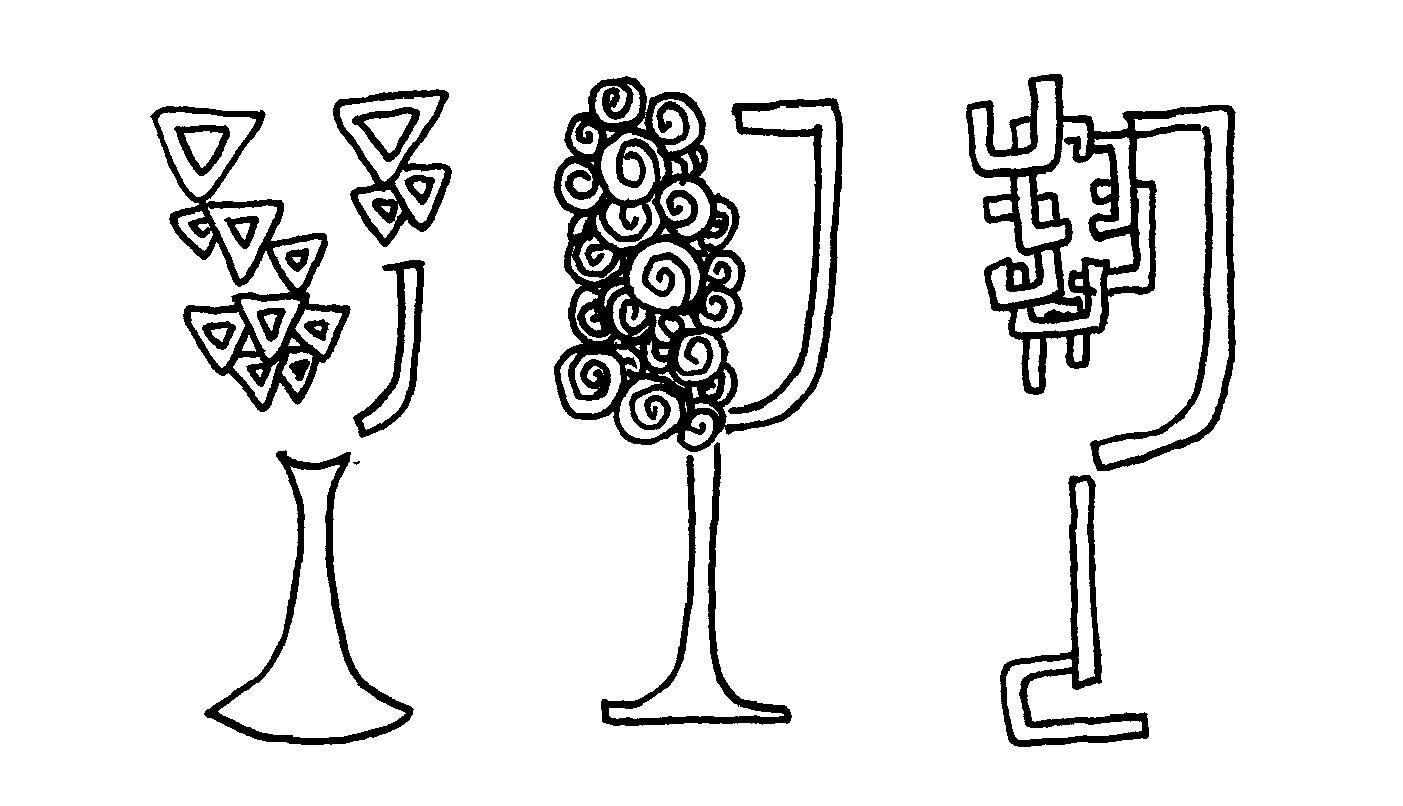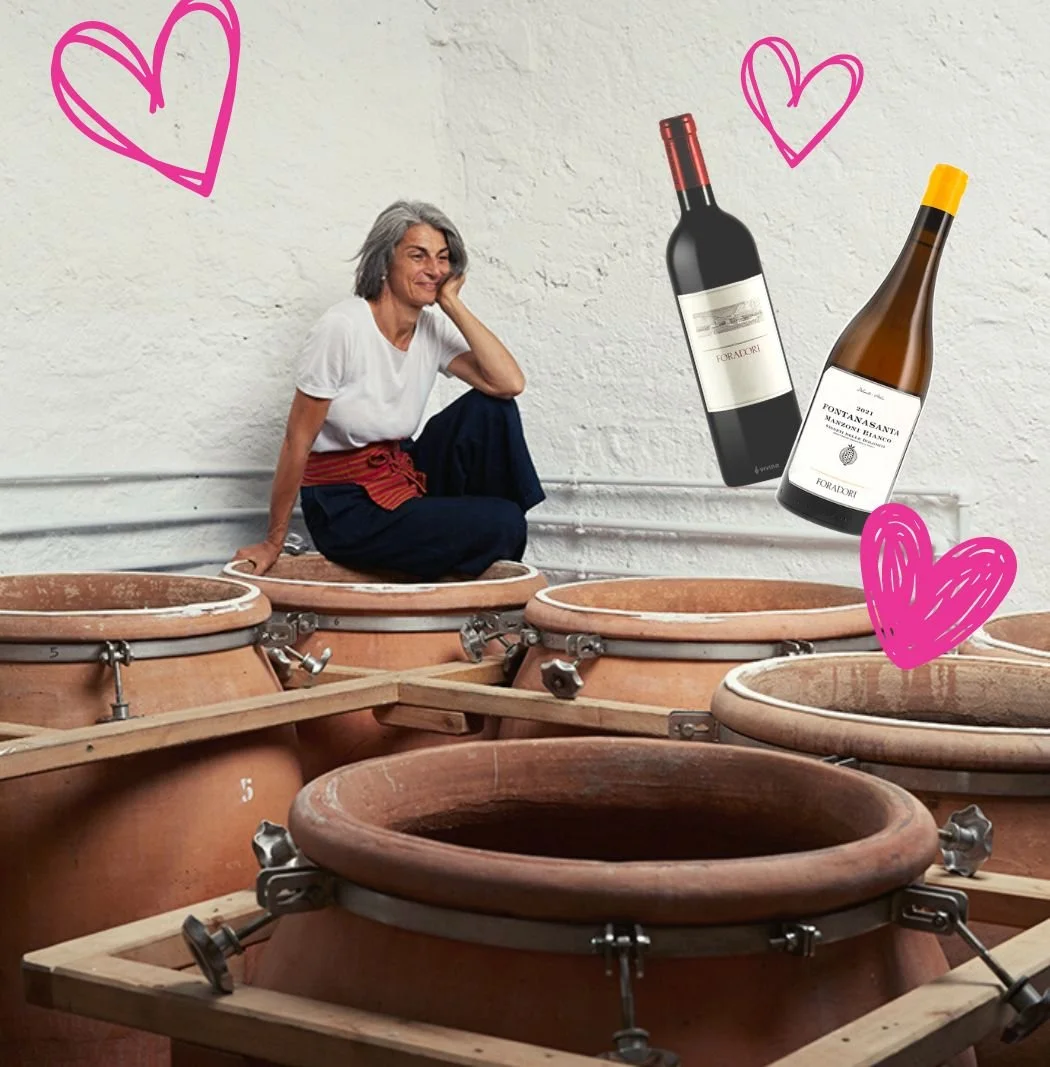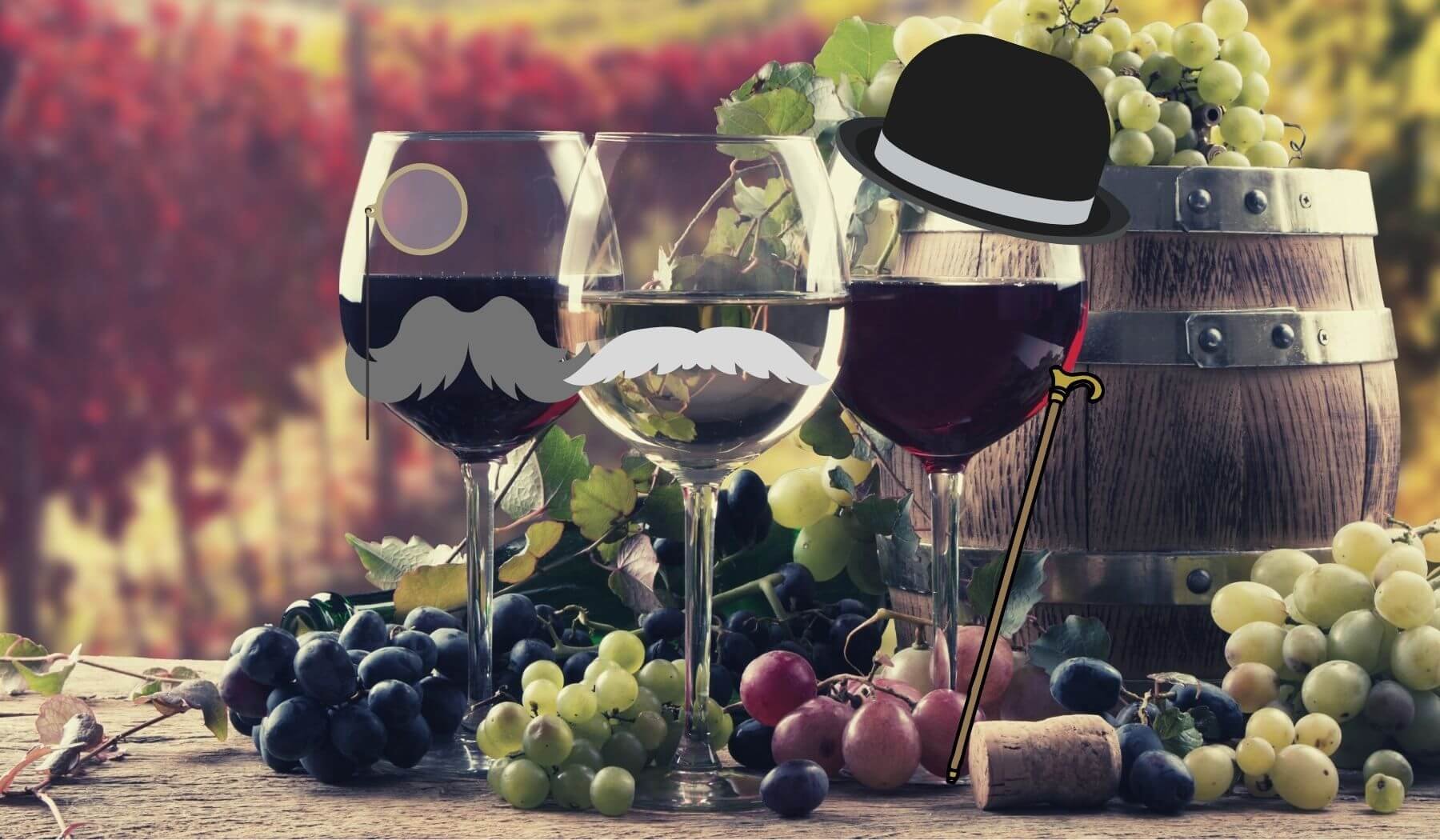Does Natural Wine Age?
As you might have heard by now, Martin and I are trucking along creating The Ultimate Natural Wine Course (coming soon!!) for all you natural-wine-curious folks out there.
This week we’ve been boiling down this cerebral information to show you what it means for your daily life. How can you shop smarter for natural wine? We’ll show you how you can be a happier and more satisfied natural wine drinker.
(Don’t forget, if you’re a member of Sunday School Wine Society, you get to watch those vids now. Lucky you. :) What’s the deal with our membership? Great question. Click here for membership deets.)
Here’s a little sneak peek into an age-old question…the question we get asked a lot…natural wine…cute and all, but can natural wine age?
Can natural wine age?
The answer is, da da da daaaaaaaaaaaaa: it depends. (Wow, how anticlimactic, I know.)
Just like ‘regular’ wine there is lots of variation. Some natural wine is meant to be chugged within six months while some can age for years and even decades. So how do you know which natural wines are the drinkers and which are the keepers?
Which natural wines are the drinkers and which are the keepers?
You can split natural wine into two different categories or overarching ‘styles’, if you will.
The Thirst Quenchers. Drink within six months to a year. You might see these go by the name glou glou (pronounced glue glue) or vin de soif (which basically translates to, you guessed it, ‘thirst quencher’).
These are the kinds of wines your brain might default to when you hear the word ‘natural wine’. They are light in style, low in tannin, high in chuggability are called thirst quenchers for a reason—don’t think, just drink! Not intended to be super complex nor ageworthy, they are meant for immediate enjoyment and fun times.
These natural wines are typically marketed as such with cute, quirky labels and silly names like Dumpster Fire and Pizza Wine. They definitely stand out in the crowd and scream ‘natural wine’!
Glou Glou/Vin de Soif winezzzz
Traditional, or classically-made wines (that happen to be natural). Can age from one year to… well, decades. These wines are often hidden in plain sight. Chances are you’ve probably had one or two or many. They aren’t trying to be hip, they aren’t begging for selfies with your Jibbitzed-out Crocs—they are just normal, regular wines.
If you’re looking for a natural wine to age it’s most likely going to be one of these. Now, just like regular wine some are more ageworthy than others, depending on the structure of the wine and the skill and intention of the winemaker. So let’s get into that, shall we?
So you have a “traditional” natural wine, will it age?
The answer to this will vary tremendously for each wine. Think beyond the fact that it is ‘natural’ and just use the following guidelines (they apply to any wine).
Look for high tannin and high acid. As with all wine, one with more structure (ie, more tannin and more acid) will age longer than something light and low-tannin. This means, for example, that generally a Cabernet Sauvignon or Syrah (higher in tannin) will probably age longer than a Grenache or Gamay (lower in tannin). As for whites, skin-contact, or orange wines (because of their high tannin content) will generally age longer than a regular ol’ white.
Look for higher(ish) price points. Aim for the $30-50 range. Again, this is not a hard-fast rule, but it’s a guideline to follow. Well-made wines are made to last and are also, typically, more expensive. As a rule of thumb, anything under $20 should be enjoyed within a couple years of vintage date. For a wine that will last 5-10 years or more, look for something in the $30+ price point. (Remember, sometimes, once you get past the $50 range, you can end up also paying for the rarity or prestige of a producer or region. Higher price does not always directly reflect quality and ageability.)
Look for highly-rated producers. Really, the ageability of a wine all comes down to the skill of a seasoned winemaker. A great and very skilled natural winemaker can make a wine that ages for many decades. Here are a just few that we love:
Elisabetta Foradori (amphora-aged wines from northern Italy)
Eric Texier (classically delicious Rhône blends)
Guy Breton or Marcel Lapierre (Beaujolais for the ages)
Radikon or Vodopivec (orange wine that tastes like gold—not literally)
Clos Saron (California cult wine—very literally)
Elisabetta Foradori and her amphora <3 Credit: Dave Yoder
Test the wine for yourself! This is the surest way to really know how long your wine will age. It takes the guesswork out of it, but it does require some effort (and extra wine). How a wine ages in the bottle over many years can be replicated in a speed version by leaving an open bottle on the counter with a cork in it and keeping track of how it changes over the course of a few days. A wine that can last (and still taste delicious) after a number of days should easily age for another five-plus years. A wine that still tastes amazing after a week or more will most likely age for many decades. Sunday School says get yourself a couple of bottles and take this on as your homework.
Note: these are not hard-fast rules. If you know anything about natural wine it’s that the entire category is about as far from the rules as you can get. So maybe you’re out there thinking, “But I had a quirky-looking natural wine called Hot Diggity with a geometric hot dog on the label and it was still delicious even after five years!”
Amazing. I’m not saying this can’t happen. What I am saying is that when you are stuck without rules, you have to do the best you can to make educated guesses, and we’re here to help you make the best educated guesses you can!
Cheers to making better educated guesses and being a smarter and happier natural wine drinker! Woo hoo!!
Have you had experience, good or bad, aging a natural wine? Tell us your experience in the comments!
P.S. To take part in the making of The Ultimate Natural Wine Course, watch our videos in real time, and give us your thoughts and feedback, and get lots more members-only bonuses, join our super-cool membership, Sunday School Wine Society!








It’s New Year’s Resolutions time! In other words, let’s eat more healthily and drink more thoughtfully and maybe you want to find some of that wine with low, or better yet, no added sugar! Well what if I told you that the idea of low/no sugar wines is a total myth? Ok, so what’s the reaaaaaaal story about sugar in wine? (We think you’ll be very pleasantly surprised 😉